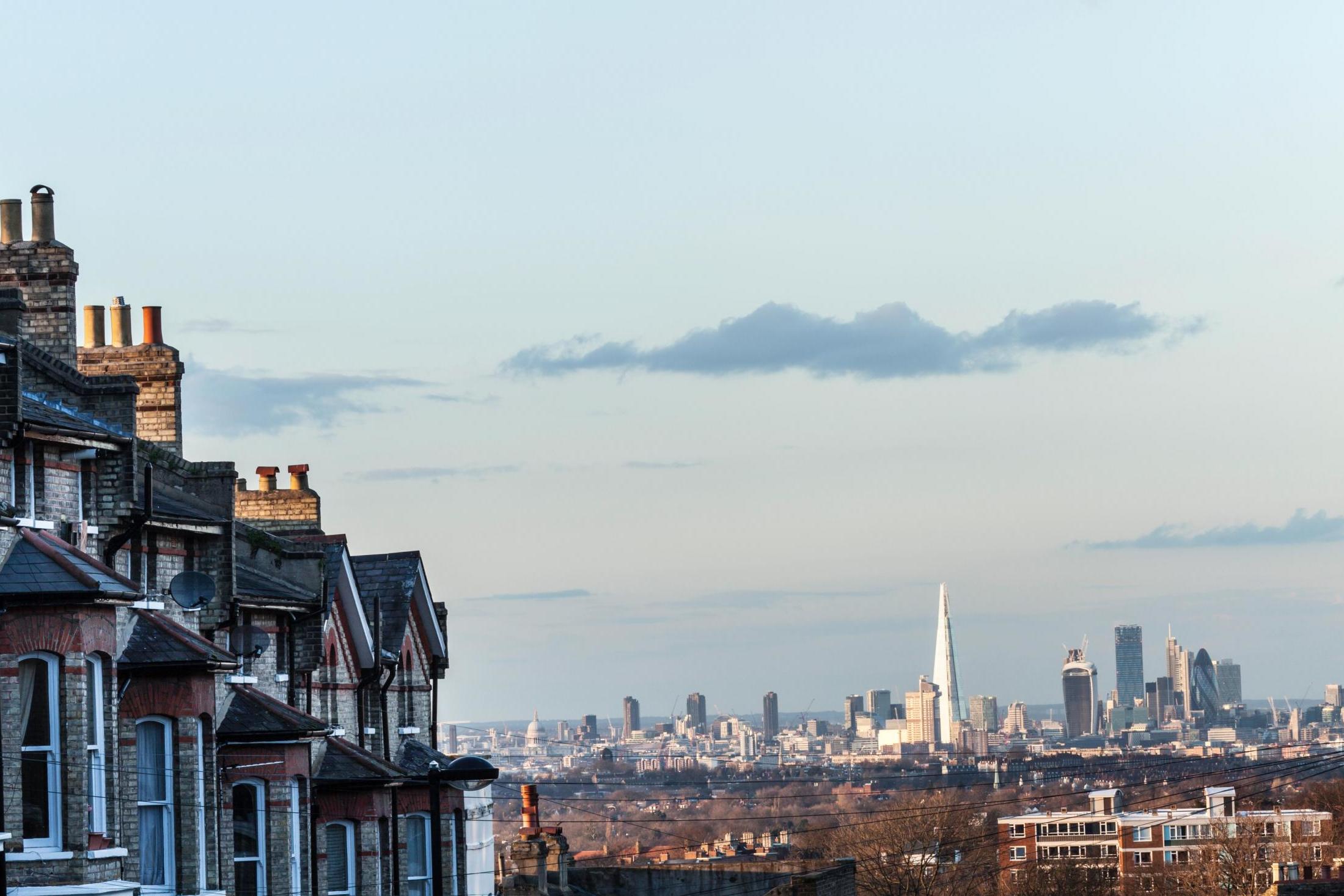Britain's neighbourhoods are dying, former Downing Street advisor warns
60 per cent said they did not know their neighbours well or at all

A former Downing Street advisor has warned of the “slow death of our neighbourhoods” after new research showing most people do not know their neighbours well.
Research in a new report commissioned by the social network Nextdoor, which aims to link people living in the same area, found that 60 per cent would not feel able to borrow a cup of sugar from their neighbours.
Three-quarters would not feel comfortable letting a neighbour look after their pet while on holiday and 63 per cent never borrow or exchange things with their neighbours.
The West Midlands, Wales, and Yorkshire were found to be the most neighbourly areas of the country, with London the least neighbourly. Levels of trust in neighbours were low across the country, however, and worst in the North East.
The report blames social media, the internet, and communications technology for the low levels of neighbourliness.
Max Chambers, the former advisor, said: “The research we publish today reveals the UK is in danger of sleepwalking towards the slow death of our neighbourhoods.
“While we are ever more connected globally through the internet, we are losing touch with those immediately around us - and it was clear to us in government that the warning lights are flashing when it comes to social cohesion, isolation and feelings of belonging.
“If we are smart, we can use the power of technology to reconnect with our communities rather than continue to lose touch with them.”
Dame Louise Casey, also a Government adviser on community cohesion, echoed the warnings.
“The recent tragic events this country has suffered, from terrorist attacks to the Grenfell Tower disaster, have shown just how powerful the public can be when we pull together, united in the common good to protect and care for each other,” she said.
“We have been trying to fix the issues of community cohesion and social capital for a long time. Government and public services will always have a role in this but it is the public - residents and families - first and foremost who are in the best position to knit that social fabric together.”
Professor Eddie Kane, Professor of Mental Health at Nottingham University and an author of the report, said: “This report shows that those using Nextdoor report significantly higher levels of engagement with neighbours, involvement with the local community and higher levels of life satisfaction. We hear a lot today about the negative effects of social media, but Nextdoor shows the potential for this technology to be the friend of real-life interactions rather than their enemy.
Join our commenting forum
Join thought-provoking conversations, follow other Independent readers and see their replies
Comments
Bookmark popover
Removed from bookmarks